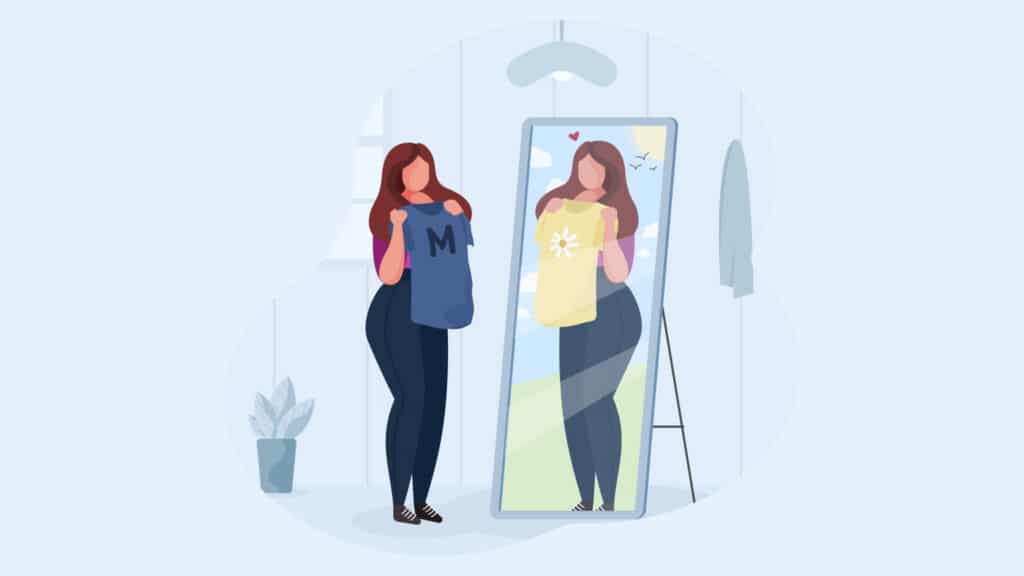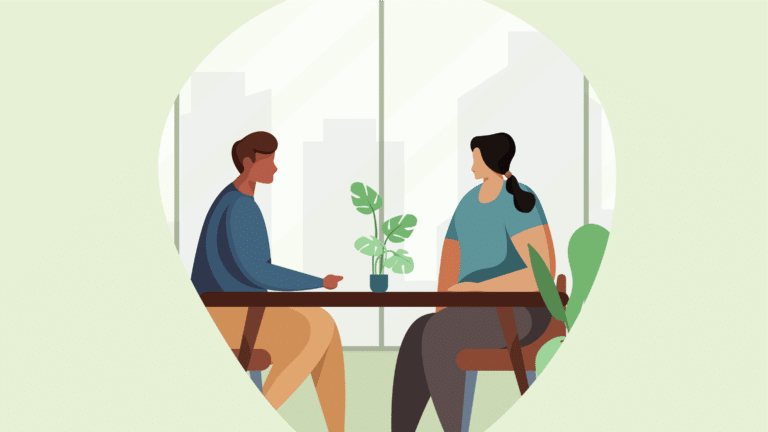In this article, you’ll learn more about the origins of Blue Monday. We’ll also share some mood-boosting tips from our psychologist Marina Pacini.
Where does Blue Monday come from?
Blue Monday first came to life in 2005 and has occurred every year since the third Monday in January. The formula for this was developed by psychologist Dr Cliff Arnall, who set out to determine the most depressing day of the year. Some of the variables he considered were:
• the grey weather in January
• the short and dark days (in the northern hemisphere, that is)
• the realisation that you may not be fulfilling your intentions (again)
• the day of the week: the work week starts again; the weekend is still far away
However, since its establishment, many academics have spoken out against this pseudoscientific formula and the media hype that surrounds Blue Monday each year. Even inventor Cliff Arnall has expressed some critical views on the subject. So, what inspired him to produce this formula?
Originally, lurking behind the concept of Blue Monday was the British travel company Sky Travel. In a press release, they wanted to point to January as being a particularly dreary time – and, of course, encourage people to book holidays. It was a PR stunt, which hasn’t lost its potency over the years. So although Blue Monday isn’t scientifically valid, it’s nevertheless essential to protect your mental well-being at this often difficult time of the year.
Why we may be feeling low
The formula may be nonsense, but there’s no denying that the grey winter months take a toll on some people’s moods. It’s thought the winter blues, or seasonal affective disorder (SAD), affects around 2 million people in the UK and more than 12 million people across northern Europe, according to the NHS. Many people complain of mood swings or feelings of lethargy during the cool autumn and winter months.
Psychologist Marina Pacini also sees that the time after Christmas and the New Year is stressful for many people. “Generally speaking, New Year is associated with many expectations in various areas of our lives,” she says. “Although meaningful resolutions can be a healthy and useful way to guide our lives, we tend to idolise the final result, instead of concentrating on the process and the daily progress we make towards these resolutions.”
Along with expectations, nostalgia is also to blame for our bad moods. “The holidays are generally a time that we look forward to as soon as the winter season begins.” Marina continues: “For many people, it’s a happy time that we spend with our loved ones and it passes in a flash.” Naturally, we don’t like returning to normal.
📚 Further reading: How to Make New Year’s Resolutions Part of Your Daily Life
Tips for feeling better on Blue Monday
How can you improve your well-being, not just on Blue Monday, but through all the grey winter months? Read on for some tips from our psychologist, Marina.
1. Be physically active
Over the festive season, many of us transform into couch potatoes. And while there’s nothing wrong with extra relaxation, skipping out on exercise entirely tends to lower our moods. Try to slowly build up your fitness after Christmas and get your body moving.
“One of the best ways to motivate yourself and boost your energy is movement,” says Maria before continuing, “Being physically active is one of the best evidence-based recommendations for people with depressive moods.” So, get going: start tonight, even if it’s just a short walk.
🏃 Read more: The Well-Being Benefits of Physical Activity
2. Get out in the daylight
During the winter months, many people struggle with there being fewer hours of daylight. Wherever possible, try to get out during the day and take in as much daylight as you can. For example, you could pop out between meetings, instead of nipping to the coffee machine or organise your workday differently.
3. Eat healthily (again)
Whether it’s Christmas parties with your colleagues or festive meals with your family, we often don’t eat particularly healthily in December. Try to get back into your old routine and eat a balanced diet. According to Maria, that will all help you “to get back a bit more self-confidence and feel in control of your life.”
🍎 Get inspired here: Achieving Well-Being with a Balanced Diet
4. Share your experiences with others
It helps to speak to other people and build deep connections. Revive an old friendship or plan something with your friends. You can talk about your challenges related to the New Year or simply spend some quality time laughing and unwinding together.
5. Establish healthier habits
Have you made your New Year’s resolutions yet? If not, let psychologist Marina Pacini inspire you: “The New Year can be a good nudge to take up a new habit, like journaling or meditation.” You should try not to be too strict with yourself. Remember: the journey is the destination!





